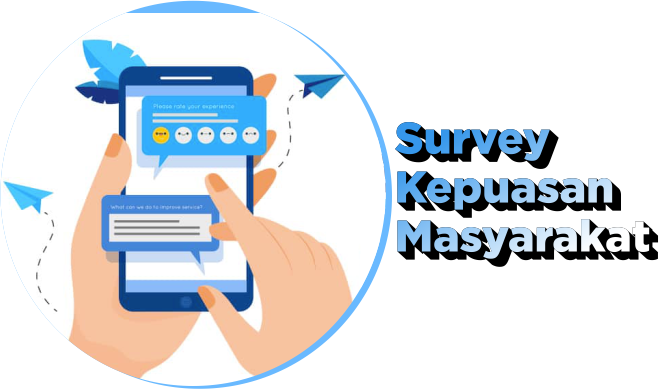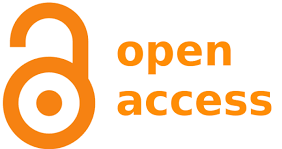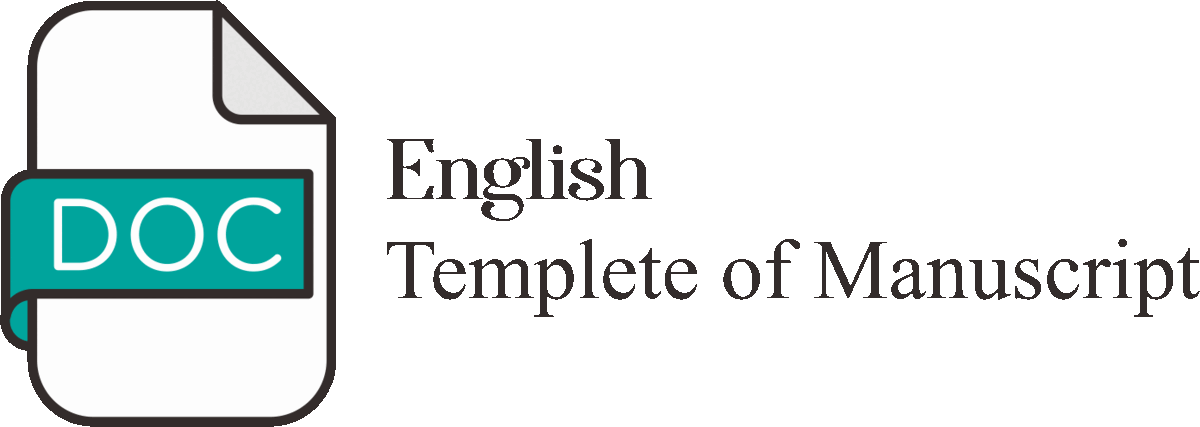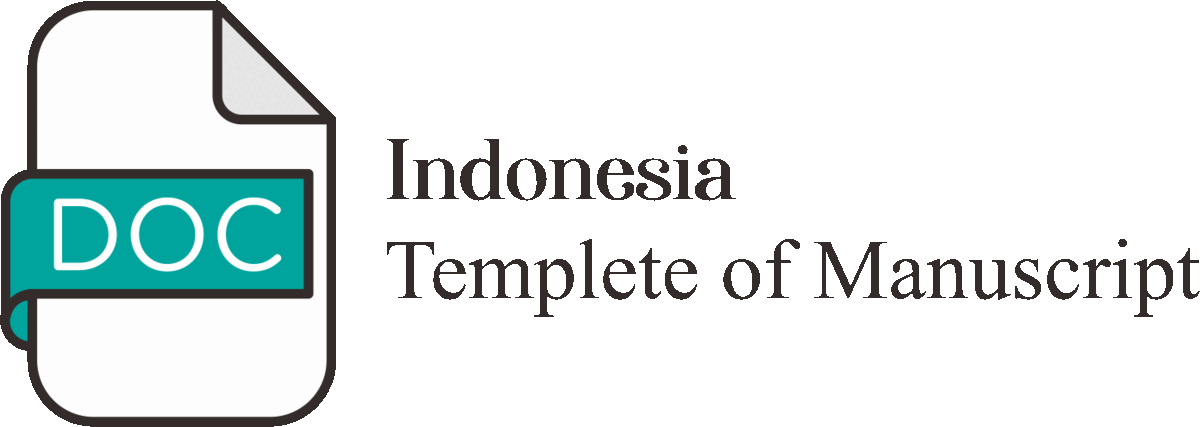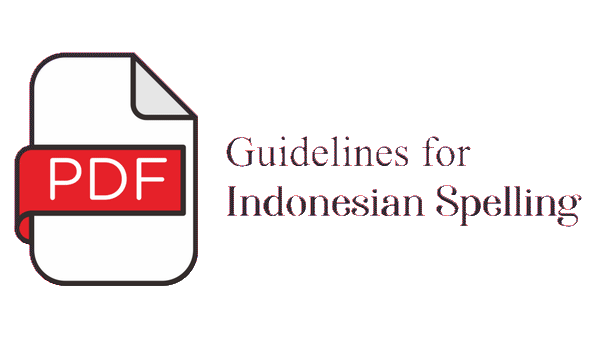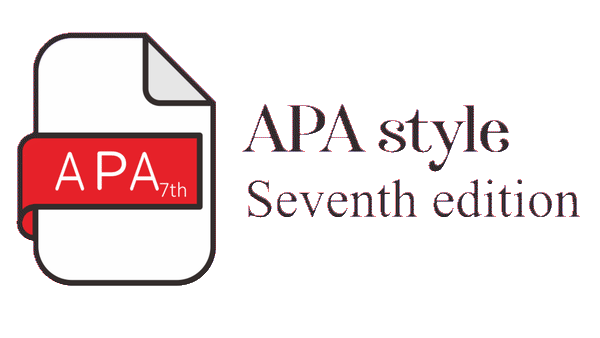Gender Empowerment Analysis in Coastal Community Households Around Mangrove Ecosystem in Western Papua
Abstract
Gender empowerment is a key aspect of Indonesia’s national development, highlighted by Presidential Instruction No. 9 of 2000 which advocates gender mainstreaming in all life sectors. The instruction’s goal is to ensure equal participation and benefit-sharing between women and men in various fields including politics, economy, culture, and security. This study evaluates gender empowerment in West Papua’s mangrove ecosystem communities, focusing on productive and reproductive roles, as well as resource access and control. Conducted in Sorong City, Sorong Regency and South Sorong Regency, this research involved 140 respondents who were active in production and household activities related to the mangrove ecosystem. The Harvard model was used for analyzing gender roles in production and reproduction, identifying activity profiles, and access and control factors. Findings reveal a gender division in activities: reproductive tasks are mainly performed by women (50.31%), while productive tasks are predominantly men’s domain (62.94%). Men also largely control resources, with 70.54% access and 64.74% control. The study also correlates household characteristics with gender empowerment, noting reproductive activities’ impact (36.32%) and productive activities’ influence (22.54%). Focus group discussions corroborated questionnaire results, underscoring the need for government intervention. This intervention should include fisheries extension services providing information access, empowering women through economic and social skill enhancement, and ensuring their equal role in decision-making. The study also highlights the importance of educational access, advocating for awareness of its benefits and the establishment of schools near coastal communities. This approach aims to balance gender roles and participation in both economic and social activities.
Keywords
Full Text:
PDFReferences
Abdoellah, O. S. (2016). Pembangunan berkelanjutan di Indonesia: Di persimpangan jalan. Gramedia Pustaka Utama.
Adela, F. P., Zakaria, Z., Nurlela, N., & Arifin, A. (2019). Politik Gender dan Otonomi Daerah: Upaya Pemenuhan Hak Perempuan Nelayan di Desa Sei Nagalawan. JPPUMA: Jurnal Ilmu Pemerintahan Dan Sosial Politik UMA (Journal of Governance and Political Social UMA), 7(1), 19–29.
Akter, S., Rutsaert, P., Luis, J., Htwe, N. M., San, S. S., Raharjo, B., & Pustika, A. (2017). Women’s empowerment and gender equity in agriculture: A different perspective from Southeast Asia. Food Policy, 69, 270–279. https://doi.org/https://doi.org/10.1016/j.foodpol.2017.05.003
Ali, I., & Wekke, I. S. (2021). Keberadaan Komunitas Pelaut dan Pesisir di Papua Barat, Indonesia. Samudra Biru.
Anggraini, O., & Agus, M. (2018). Penguatan modal sosial berbasis kelembagaan lokal Masyarakat pesisir perspektif gender Di kabupaten Bantul. JSEP (Journal of Social and Agricultural Economics), 11(2), 11–24.
Ankrah, D. A., Freeman, C. Y., & Afful, A. (2020). Gendered access to productive resources – evidence from small holder farmers in Awutu Senya West District of Ghana. Scientific African, 10, e00604. https://doi.org/https://doi.org/10.1016/j.sciaf.2020.e00604
Ashagidigbi, W. M., Orilua, O. O., Olagunju, K. A., & Omotayo, A. O. (2022). Gender, empowerment and food security status of households in Nigeria. Agriculture, 12(7), 956.
Azizi, A., Hikmah, H., & Pranowo, S. A. (2017). Peran gender dalam pengambilan keputusan rumah tangga nelayan di Kota Semarang Utara, Provinsi Jawa Tengah. Jurnal Sosial Ekonomi Kelautan Dan Perikanan, 7(1), 113–125.
Bizenjo, S. (2020). Education in Pakistan: Are low-cost private schools closing the gender gap? International Journal of Educational Development, 77, 102209.
https://doi.org/https://doi.org/10.1016/j.ijedudev.2020.102209
Boserup, E., Joebhaar, M., Sunarto, Harahap, A. A., & Sajogyo, P. (1984). Peranan Wanita dalam Perkembangan Ekonomi. Yayasan Obor Indonesia.
Bradford, K., & Katikiro, R. E. (2019). Fighting the tides: A review of gender and fisheries in Tanzania. Fisheries Research, 216, 79–88. https://doi.org/https://doi.org/10.1016/j.fishres.2019.04.003
Coleman, S. (2000). Access to capital and terms of credit: A comparison of men-and women-owned small businesses. Journal of Small Business Management, 38(3), 37.
Firdausi, I. A., Sururi, A., & Malik, A. (2021). Kontruksi Sosial Perempuan Nelayan Dalam Pola dan Relasi Sosiokultural Di Kawasan Pesisir Pantai Karangantu Serang Banten. Titian: Jurnal Ilmu Humaniora, 5(2), 172–183.
Fitria, F., & Pinem, M. (2012). Keadaan Sosial Ekonomi Masyarakat Nelayan Di Desa Beringin Kecamatan Beringin Kabupaten Deli Serdang. JURNAL GEOGRAFI, 4(2), 29–36.
Gee, K. A. (2015). Achieving gender equality in learning outcomes: Evidence from a non-formal education program in Bangladesh. International Journal of Educational Development, 40, 207–216. https://doi.org/https://doi.org/10.1016/j.ijedudev.2014.09.001
Gustavsson, M. (2020). Women’s changing productive practices, gender relations and identities in fishing through a critical feminisation perspective. Journal of Rural Studies, 78, 36–46.
https://doi.org/https://doi.org/10.1016/j.jrurstud.2020.06.006
Handayani, E. G. (2012). Kajian Perempuan dalam Mendukung Konservasi Sumber daya Pesisir di Kabupaten Raja Ampat. Jurnal Airaha, 1, 1–12.
Handayani, H., Mustasim, M., & Suruwaky, A. M. (2020). Persepsi dan Partisipasi Masyarakat terhadap Ekosistem Mangrove di Distrik Sorong Timur, Kota Sorong Provinsi Papua Barat. Jurnal Airaha, 9(01), 58–62. https://doi.org/https://doi.org/10.15578/ja.v9i01.162
Istiana, I. (2014). Akses Perempuan Nelayan Dalam Kegiatan Produktif (Studi Kasus Di Desa Teluk, Kecamatan Labuan, Kabupaten Pandeglang, Banten). Buletin Ilmiah Marina Sosial Ekonomi Kelautan Dan Perikanan, 9(1), 1–7. https://doi.org/http://dx.doi.org/10.15578/marina.v9i1.205
Jost, C., Kyazze, F., Naab, J., Neelormi, S., Kinyangi, J., Zougmore, R., Aggarwal, P., Bhatta, G., Chaudhury, M., & Tapio-Bistrom, M.-L. (2016). Understanding gender dimensions of agriculture and climate change in smallholder farming communities. Climate and Development, 8(2), 133–144. https://doi.org/https://doi.org/10.1080/17565529.2015.1050978
Kabeer, N. (2011). Between affiliation and autonomy: navigating pathways of women’s empowerment and gender justice in rural Bangladesh. Development and Change, 42(2), 499–528.
Kusumo, R. A. B., Charina, A., & Mukti, G. W. (2013). Analisis gender dalam kehidupan keluarga nelayan di kecamatan Pangandaran kabupaten Ciamis. Jurnal Social Economic of Agriculture, 2(1). https://doi.org/http://dx.doi.org/10.26418/j.sea.v2i1.5118
Lestari, V. S., Rahardja, D. P., & S. N. Sirajuddin. (2016). Proceedings of The IIER International Conference. Jakarta. 4-5 November: 1-12. The Role of Gender on Poultry Farms., 1–12.
Nadhira, V. F., & Sumarti, T. (2017). Analisis gender dalam usaha ternak dan hubungannya dengan pendapatan rumahtangga peternak sapi perah. Jurnal Sains Komunikasi Dan Pengembangan Masyarakat [JSKPM], 1(2), 129–142. https://doi.org/https://doi.org/10.29244/jskpm.1.2.129-142
Notoatmojo, B. (2001). Peranan gender dalam usaha tani di kawasan Indonesia bagian timur. The Winners, 2(2), 116–129. https://doi.org/https://doi.org/10.21512/tw.v2i2.3819
Nurlaili, N., & Koeshendrajana, S. (2010). Peran Perempuan Bajo Dalam Rumah Tangga Perikanan Tangkap di Wuring, Kecamatan Alok Barat, Kabupaten Sikka, Propinsi Nusa Tenggara Timur. Jurnal Sosial Ekonomi Kelautan Dan Perikanan, 5(2), 199–210.
Oceans, U. (2018). Gender Analysis of the Fisheries Sector. The USAID Oceans and Fisheries Partnership. Produced by the National Network.
Paul, M. M., & Rani, P. R. (2017). Gender differences in access to and control over farm resources. LInternational Journal of Research in Applied and Social Science, 5(8), 71–74.
Puspitawati, H. (2013). Konsep, teori dan analisis gender. Bogor: Departe-Men Ilmu Keluarga Dan Kon-Sumen Fakultas Ekologi Manusia Institut Pertanian.
Ragsdale, K., Read-Wahidi, M., Marinda, P., Pincus, L., Torell, E., & Kolbila, R. (2022). Adapting the WEAI to explore gender equity among Fishers, Processors, and sellers at Zambia’s Lake Bangweulu. World Development, 152, 105821.
https://doi.org/https://doi.org/10.1016/j.worlddev.2022.105821
Rahman, M. M. (2015). Pendidikan Keluarga Berbasis Gender. Jurnal Musawa IAIN Palu, 7(2), 234–255.
Ruitenbeek, H. J. (1992). Mangrove management: an economic analysis of management options with a focus on Bintuni Bay. Irian Jaya.
Ruslan, N. F. N., Goh, H. C., Hattam, C., Edwards-Jones, A., & Moh, H. H. (2022). Mangrove ecosystem services: Contribution to the well-being of the coastal communities in Klang Islands. Marine Policy, 144, 105222. https://doi.org/https://doi.org/10.1016/j.marpol.2022.105222
Salmiah, N. S., & Siti, N. S. S. (2016). Kesadaran Masyarakat Nelayan terhadap Pendidikan Anak. JPPUMA: Jurnal Ilmu Pemerintahan Dan Sosial Politik UMA (Journal of Governance and Political Social UMA), 4(1), 1–10.
Sari, E. M., Rossarie, D., Hayudi, & Ikhtianah, I. R. (2020). Peningkatan Ekonomi Masyarakat Melalui Pemberdayaan Perempuan Dalam Pengembangan Aneka Produk Olahan Rumput Laut Di Kampung Arar. Jurnal ABDIMASA Pengabdian Masyarakat, 3(2), 8–14.
Seymour, G., Doss, C., Marenya, P., Meinzen-Dick, R. S., & Passarelli, S. (2016). Women’s empowerment and the adoption of improved maize varieties: evidence from Ethiopia, Kenya, and Tanzania.
Simanjuntak, B. H., & Nugroho, F. (2020). Persepsi Nelayan Tentang Nilai Anak Dalam Keluarga Nelayan di Desa Kuala Merbau Kecamatan Pulau Merbau Kabupaten Kepulauan Meranti Provinsi Riau. Jurnal Sosial Ekonomi Pesisir, 1(3), 37–41.
Sopamena, J. F., & Pattiselanno, A. E. (2018). Tnyafar: women, livelihoods strategy in selaru island, West Southeast Maluku District. International Journal of Environment, Agriculture and Biotechnology, 3(5), 264451.
Tsige, M., Synnevåg, G., & Aune, J. B. (2020). Gendered constraints for adopting climate-smart agriculture amongst smallholder Ethiopian women farmers. Scientific African, 7, e00250. https://doi.org/10.1016/j.sciaf.2019.e00250
Wardiha, M. W., & Putri, P. S. A. (2013). Pemetaan permasalahan penyediaan air minum di Provinsi Nusa Tenggara Timur dengan system interrelationship model. J Ling Tropis, 6(2), 105–119.
Widyastuti, D. A. R., Nuswantoro, R., & Sidhi, T. A. P. (2016). Literasi digital pada perempuan pelaku usaha produktif di Daerah Istimewa Yogyakarta. Jurnal Aspikom, 3(1), 1–15.
Witinok-Huber, R., & Radil, S. M. (2021). Introducing the Local Agricultural Potential Index: An approach to understand local agricultural extension impact for farmer adaptive capacity and gender equity. World Development Perspectives, 23, 100345. https://doi.org/https://doi.org/10.1016/j.wdp.2021.100345
Yanfika, H., Viantimala, B., Nurmayasari, I., & Mutolib, A. (2021). Kesetaraan Gender dan Strategi Nafkah untuk Penyusunan Program Penyuluhan pada Masyarakat Pesisir di Kabupaten Tanggamus, Provinsi Lampung. Jurnal Penyuluhan, 17(2), 126–135. https://doi.org/10.25015/17202133523
Yuniati, W. (2011). Pelibatan perempuan pesisir dalam proyek RCL. Mangrove Journal-MAP Indonesia, Maret.
Zulham, A., Hafsaridewi, R., Hikmah, H., Soejarwo, P. A., & Yanti, B. V. I. (2020). Kesenjangan Gender Pada Pemanfaatan Perikanan Skala Kecil di Kabupaten Natuna. Buletin Ilmiah Marina Sosial Ekonomi Kelautan Dan Perikanan, 6(2), 159. https://doi.org/10.15578/marina.v6i2.8960
DOI: http://dx.doi.org/10.15578/jsekp.v18i2.12469
Indexed by:
-------------------------------------------------------------------------------------
Published by
Research Center for Marine and Fisheries Socio-Economic
in collaboration with
Indonesian Marine and Fisheries Socio-Economics Research Network

This work is licensed under a Creative Commons Attribution-NonCommercial-ShareAlike 4.0 International License.

